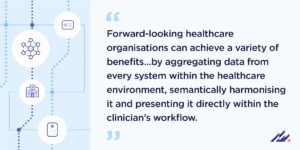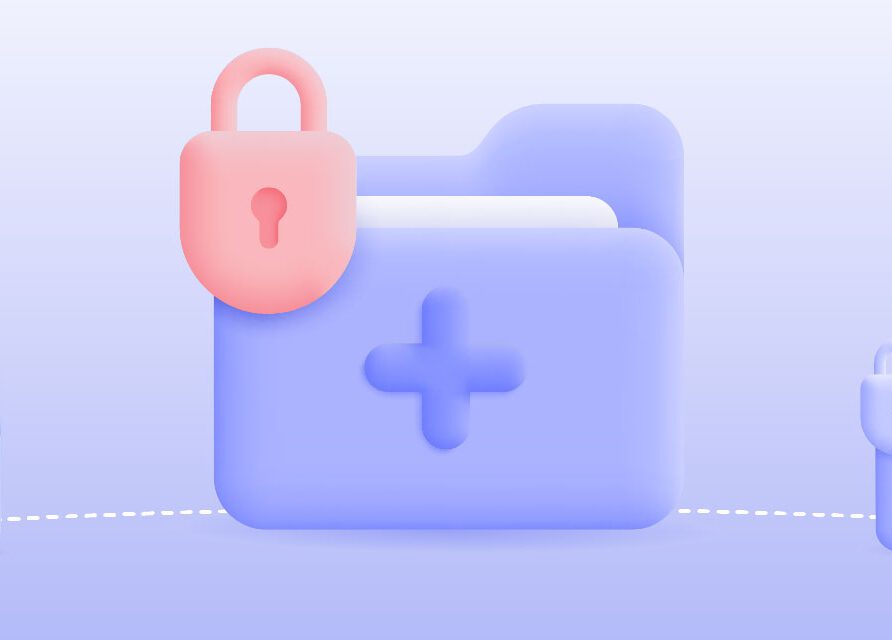Article
If you think interoperability and finances aren’t intertwined, think again
It would be an understatement to say healthcare organisations’ finances have taken a real hit over the last few years. Many have not yet fully recovered from the COVID-19 pandemic, and even those that have are seeing high rates of staff attrition. Now, organisations around the world are also dealing with economic shifts like prolonged inflation.
It’s clear that healthcare organisations need to find ways to remain afloat financially. It’s trickier to identify any untapped potential to make sustainable improvements—such as enhancing interoperability.
Here are a few ways data-sharing progress can make a real impact on your bottom line.
 Robust clinical data meets strong financial performance
Robust clinical data meets strong financial performance
The ability to send and receive patient information is becoming the bare minimum for data exchange. Forward-looking healthcare organisations can achieve a variety of benefits taking this further by aggregating data from every system within the healthcare environment, semantically harmonising it and presenting it directly within the clinician’s workflow. This gives clinicians a view of all the information they need in real time and removes the burden of switching back and forth between multiple systems.
Optimising interoperability in this way enables faster care decisions which can translate to improved patient throughput (and therefore, cash flow). Bringing organised, complete patient data to the point of care also helps prevent clinicians from erroneously ordering duplicative tests, which can be costly. Beyond financial benefits, this also ensures optimum treatment for the patient and an optimised experience for the clinician. Given the staff shortages felt around the world and the finances needed for effective hiring and retention, any reduction in clinician burnout is a win.
Reaping the benefits of regulatory compliance
In the U.S., provider organisations now face the challenge of meeting the information blocking requirements of the 21st Century Cures Act to ensure they aren’t fined for non-compliance. This means organisations must be able to share electronic health information (EHI) with other “actors” (i.e., hospitals, pharmacies, health information exchanges) without interference.
In addition to preventing non-compliance and penalties, there are also positive incentives for U.S. provider organisations to improve their data-sharing capabilities, such as earning more points towards Medicare and Medicaid reimbursement. Additionally, in 2022, the Centers for Medicare & Medicaid Services (CMS) finalised changes to the Medicare Promoting Interoperability Program for eligible hospitals and critical access hospitals (CAHs) attesting to CMS to drive the adoption of certified electronic health record technology (CEHRT) and increase interoperability and patient access to their health information. This program further rewards organisations that meet specific interoperability-related measures through increased reimbursement. For example, organisations that leverage a solution like dbMotion™ Connect can connect to the Carequality network, which helps them earn more points towards reimbursement.
It can be difficult to quantify exactly how much organisations can save and earn with robust data-sharing capabilities, but it is clear they not only support financial performance, but also better care decisions and experiences for all. Learn how Altera Digital Health can help your organisation achieve its financial goals here.













